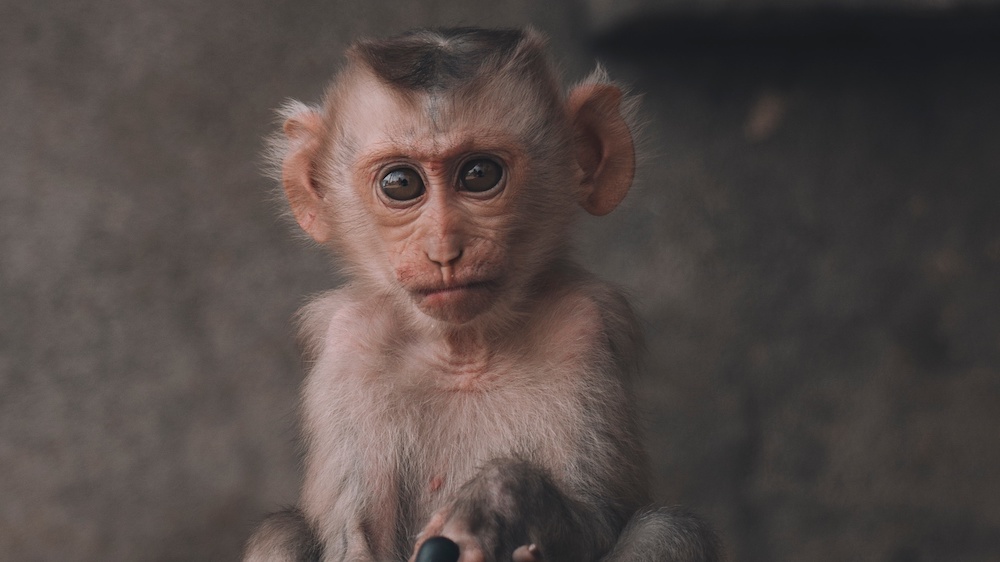An international coalition of animal advocacy organizations is urging scientists to leave animal testing out of coronavirus (COVID-19) research. For World Week for Animals in Laboratories—April 20 to April 26—the organizations suggest researchers utilize more human-relevant testing methods instead.
“United for Animals in Labs” includes members from the UK, the U.S. Australia, and New Zealand. These are Animal Justice Project (AJP), In Defence of Animals, New Zealand Anti-Vivisection Society, and Humane Research Australia.
“At a time of a global health crisis such as we are facing today, there has never been a greater need for fast-moving and effective research. But it must be human-relevant,” says AJP. “Less than 12 per cent of drugs entering clinical trials result in an approved medicine, despite animal testing for safety.”
The coalition suggests that unnecessary animal testing is wasting lives—both human and non-human—while more effective alternatives are readily available. These alternatives include epidemiology studies, computer-based techniques, human cell and tissue cultures, tissue engineering, and organ-on-a-chip microfluidics.
“The Coronavirus pandemic is an important opportunity to reassess the way we do medical research,” says Animal Justice Project Science Advisor Dr. Andre Menache. “Faced with this viral tsunami, scientists have not had time to find one or more animal species to serve as a ‘model’ to study this disease in the laboratory.”

Animal Testing and Coronavirus
Last month, four patients at a Kaiser Permanente hospital in Seattle were injected with the first potential coronavirus vaccine. The vaccine, mRNA-1273, was developed by Moderna Therapeutics without animal testing to save time.
Despite the need for efficiency—and ready availability of more effective alternatives—the ongoing coronavirus pandemic has triggered millions of dollars in funding for animal-based research.
“To try to reproduce a human disease in an animal is a perversion of science,” says Menache. “A complete misunderstanding of the complex system that we are.”
The number of animals—including rats, mice, and rabbits—used annually in toxicology studies varies between 20,000 and over 100,000. The Environmental Protection Agency (EPA) says it intends to cut back 30 percent on animal testing requests and spending by 2025. It aims to eliminate all requests and funding by 2035.
“This is a golden opportunity to get rid of the ‘animal model’,” adds Menache. “A concept that belongs to the 20th century.”


